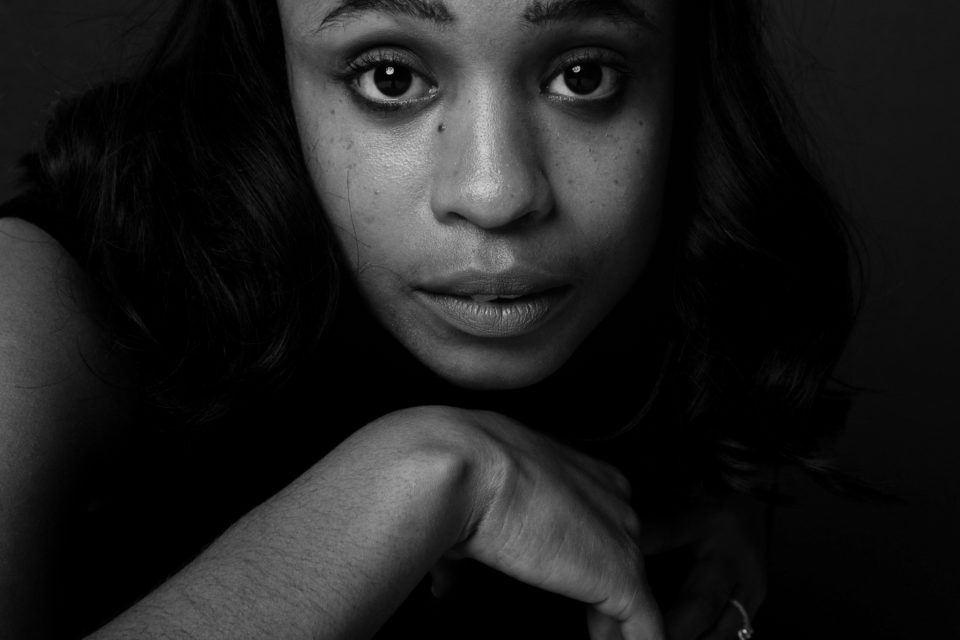Adia Victoria brings such keen focus and subtle theatricality to her storytelling on stage that I’ll never forget the first time I saw her perform, nearly a decade ago, or the way she conserved her powers of communication before that show by retreating into a book, a French translation of a Tolstoy volume, no less.
Victoria has made the inner and outer landscapes she maps in her spectral blues vignettes, which often double as testimonies to how sinister and life-threatening Southern racism and patriarchy can be, seem expansive, immersive and wholly irreducible. That’s certainly true of the tracks on her forthcoming album A Southern Gothic.
Still, she hasn’t confined her ideas or expression to her songwriting.
“I have my truth,” she told me on Zoom. “And I want to continue to foster spaces where people are able to share their truth, people are able to unburden the messaging of the dominant culture. They’re able to step out from under the pressures and the needs and the expectations that are placed upon us.”
Any given day, you can find Victoria making space, holding court and cutting ignorance of all kinds down to size with cat memes. Here are five other ways that she’s spoken outside of her songs:
1) Animating her visions of the melancholy, self-possessed command of blueswomen like Bessie Smith and Billie Holiday alongside poet peers she’s found here in Nashville, Ciona Rouse and Caroline Randall Williams, and the Blair House Collective they formed. (Williams is now on Nashville Public Radio’s board of directors.)
2) Guest editing an issue of The Nashville Scene that interrogated the living legacy of southern racism through a multi-layered lens, choosing journalist Andrea Williams, producer T Bone Burnett, novelist Kiese Laymon and other poets and activists as her conversation partners.
3) Voicing her concerns for historically Black neighborhoods of North Nashville, already vulnerable to gentrification and even more so in the wake of the March 2020 tornadoes, during an interview for a New York Times piece.
4) Speaking deliberately, pointedly and specifically about the many ways that Black artists have been denied their agency in the roots music scene during the virtual Black Equity in Americana panel, moderated by Marcus K. Dowling.
5) Launching her Call & Response podcast, a platform where she enters into conversation with musical and literary kindred, including Jamila Woods, Brittany Howard, Kamasi Washington, Rhiannon Giddens and Kiese Laymon, from a place of mutuality, close listening and close reading.
“My podcast Call & Response is a blues podcast,” Victoria explained to me. “But blues is community. Blues is being able to call out to your people and to see yourself and hear yourself reflected back. That’s so much of Black culture. That’s what we’ve had to intentionally facilitate, because we were told we came from nothing. We had no past. We were just floating, you know, permanent strangers, always alienated. So the idea [was], ‘If I can create community starting with myself, then I think that people are smart enough to intuit that they could be in community with me.'”
“I find that as long as I’m able to remain curious within myself, curious about myself, then these kind of opportunities just kind of blossom. I think that people pick up that you are you’re open and you are vulnerable and honest about this human experience.”

